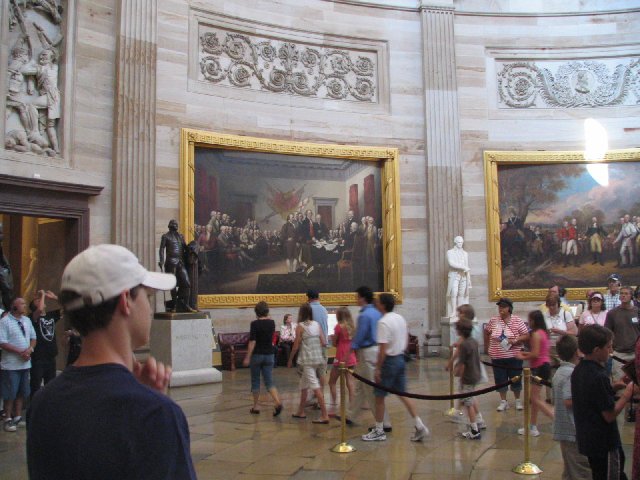I’ve been percolating about something I read on the Harvard Business Review site in mid-december. I follow the HBR on twitter. Michael Schrage is a research fellow at MIT’s Sloan Business School’s Center for Digital Business, and on Dec. 18th he posted “The Top Six Innovation Ideas of 2011.” Number Six (“A Beautifully Designed Lobby”) has kept me thinking:
“…No matter which way a CEO turns, she faces the spectre and shadow of increased government regulation and/or oversight… [I]nnovative executives have to pay attention to government behaviors as closely as they do customer behaviors. In 2011, a marginal dollar invested in a lobbying campaign may yield far greater returns than a dollar invested in a brave new technology innovation. Then again, it’s important for businesspeople to have the finest legislators that money can buy. Think of them as part of the global supply chain.”
What has kept me percolating was the simple clarity that government lobbying produces profits. I mean, of course, we all know that. But here is an ivory tower business specialist un-apologetically reporting that, “it’s important for businesspeople to have the finest legislators that money can buy. Think of them as part of the global supply chain.” I’m more aware than ever of this leadership from business and industry, and it’s because of this that politics and the rules of the game are tremendously important. The smartest people in the world with the biggest budgets shouldn’t get to make all the rules, and all the laws.


